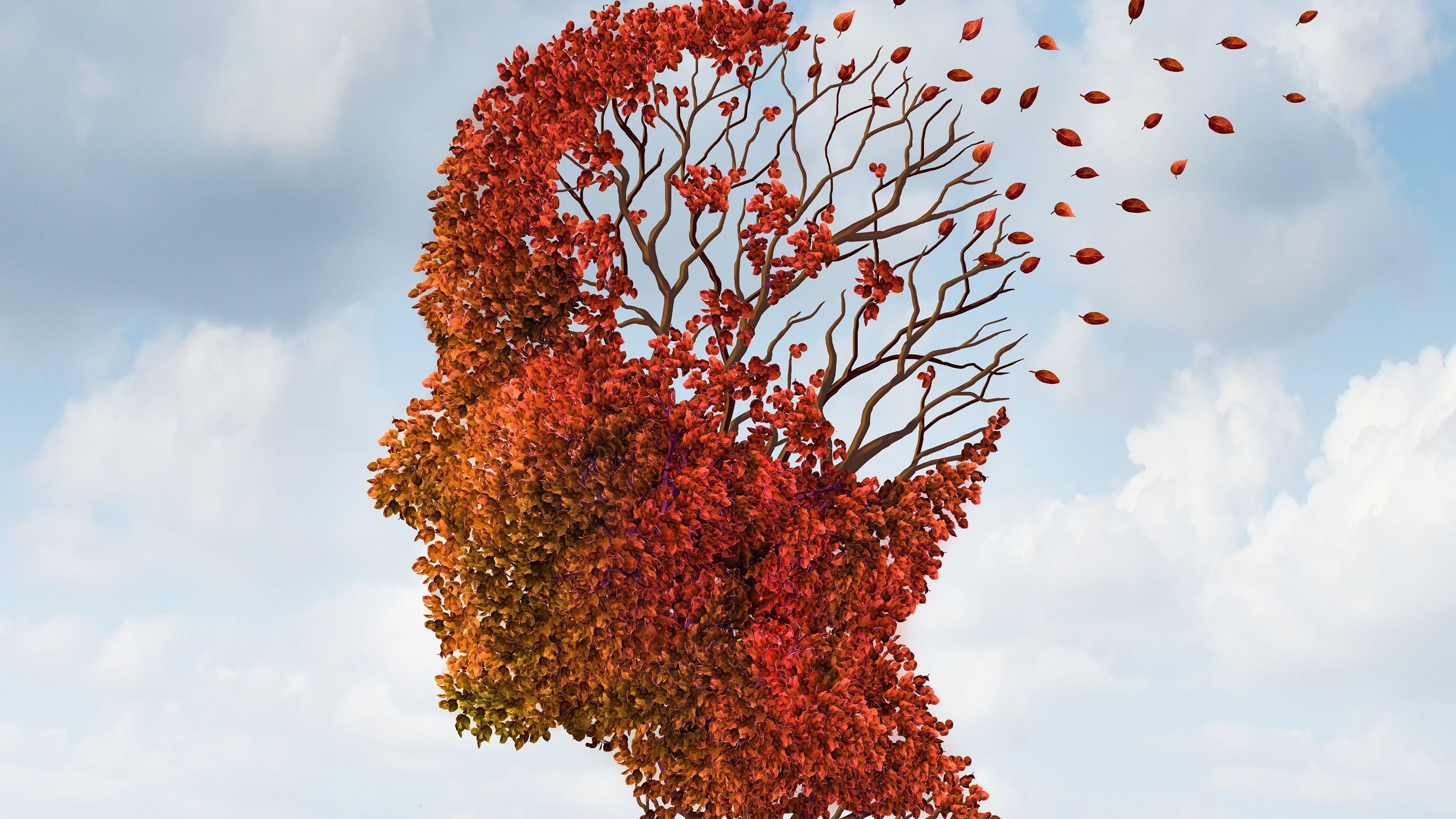
Credit: iStock Photo
Bengaluru: The number of people with dementia, a neurological condition that affects thinking and remembering, is projected to double in Karnataka by 2036, but the lack of a dedicated state action plan could complicate efforts to tackle it.
According to a large-scale study for estimates of dementia in India published last year, the population in India living with dementia is expected to double to 1.69 crore. In Karnataka, the figure is estimated to rise to 9.41 lakh by 2036 from over 5 lakh people in 2016.
Last September, Health Minister Dinesh Gundu Rao announced the formation of a state action plan to tackle dementia prevalence in Karnataka.
A month later, Bengaluru's National Institute of Mental Health and Neurosciences (Nimhans) and Dementia India Alliance (DIA), in collaboration with the state health department, submitted a draft action plan to the government. But there has been no forward movement since then.
The draft focused on how to increase state-wide awareness, screen at-risk populations to prevent or delay the onset of dementia, reduce stigma to diagnose and treat dementia early and create a dementia-friendly environment.
State health commissioner Sivakumar K B explained that a task force was constituted only recently to look into the draft and come up with pointed risk mitigation and support strategies for both people with dementia and their caregivers.
The task force will create an action plan after consulting with several stakeholders, including the police, women and child welfare department, education department and mental health experts, he said.
Need for an action plan
The World Alzheimer Report 2024, released on September 20, highlighted how at least 80 per cent of the general public and 65 per cent of healthcare professionals globally think dementia is a normal part of ageing.
This kind of attitude in turn affects diagnosis and treatment.
Dr Radha S Murthy, president, Dementia India Alliance, said the need for an action plan was also felt as only 10 per cent of the population aged 60 and above receive a diagnosis for dementia.
“Lack of awareness, stigma, scarcity of experts or trained professionals, dearth of services, and the low priority given to the disease by the government make the situation immensely challenging, warranting a multi-stakeholder public health approach. We have submitted and advocated for an action plan for dementia in this regard,” she said.
Cut-off box - Modifiable risk factors The Lancet Commission’s 2024 update on dementia added vision loss and high cholesterol as two new modifiable risk factors to the 12 listed in its 2020 report. As the global population continues to rapidly age and live longer the number of people with dementia will continue to rise. Therefore controlling the 14 modifiable risk factors as early as possible could cut the risk of developing dementia by at least 50 per cent noted Dr PT Sivakumar professor and head geriatric psychiatry unit Nimhans.